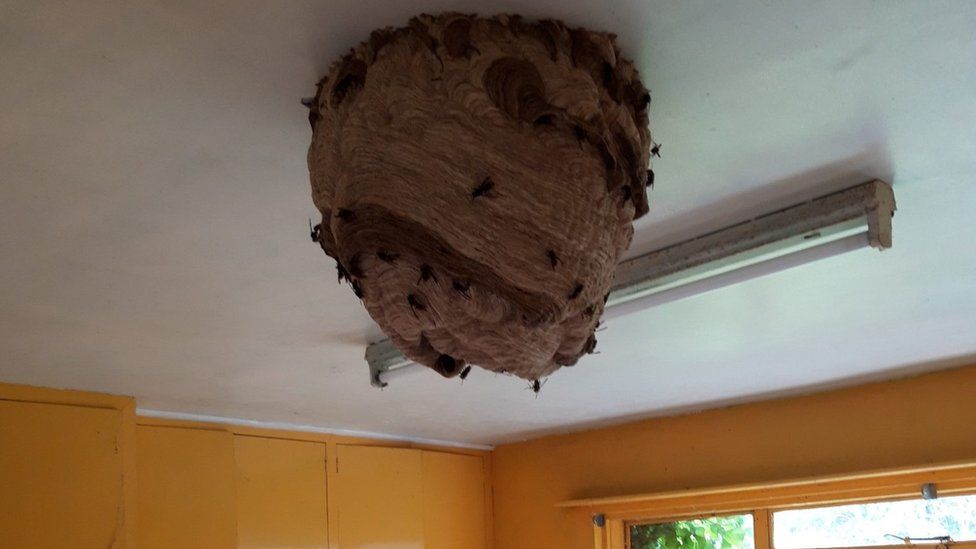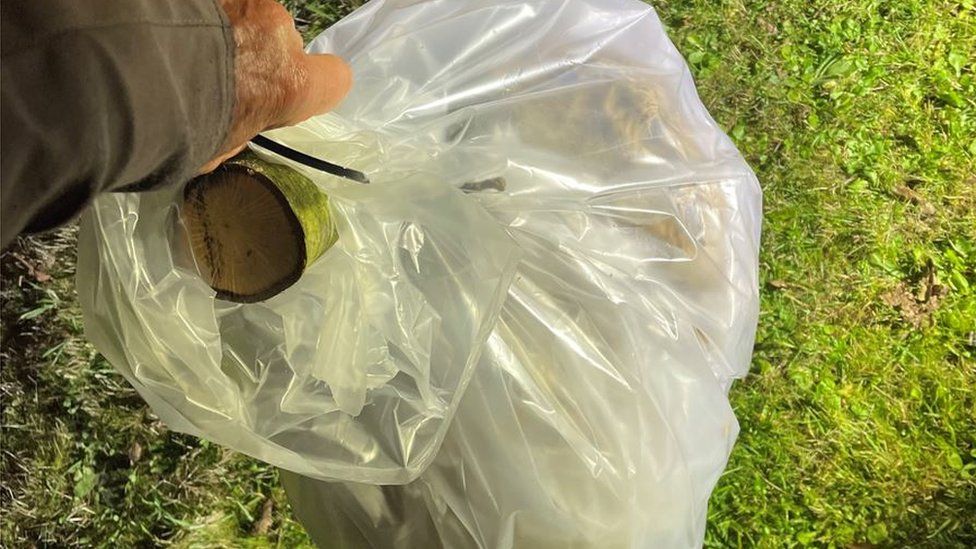- Joined
- Jul 19, 2004
- Messages
- 29,622
- Location
- Out of Bounds
These hornets have been given a new name by the Entomological Society of America.
FULL STORY: https://www.nxsttv.com/nmw/news/murder-hornets-are-getting-a-new-name-heres-why/Murder hornets are getting a new name: Here’s why
Same hornet, new name. The Entomological Society of America announced Monday that it has adopted a new name for the Asian giant hornet, also known as the murder hornet.
The insect, species Vespa mandarinia, will now be known as the northern giant hornet.
“Amid a rise in hate crimes and discrimination against people of Asian descent, usage of ‘Asian’ in the name of a pest insect can unintentionally bolster anti-Asian sentiment,” the ESA wrote in a news release.
The name “Asian giant hornet” can also be confusing because all hornets, including the 22 species of wasps in the genus Vespa, are native or common to Asia. The name “Asian giant hornet” doesn’t convey information about the biology or behavior of the specific species Vespa mandarinia.
“Northern giant hornet is both scientifically accurate and easy to understand, and it avoids evoking fear or discrimination,” ESA president Dr. Jessica Ware said. ...
In 2021, the ESA established new guidelines for how it would adopt acceptable insect common names. These new guidelines forbid names from referring to ethnic or racial groups or from stoking fear. They also discourage naming from geographic references. ...





